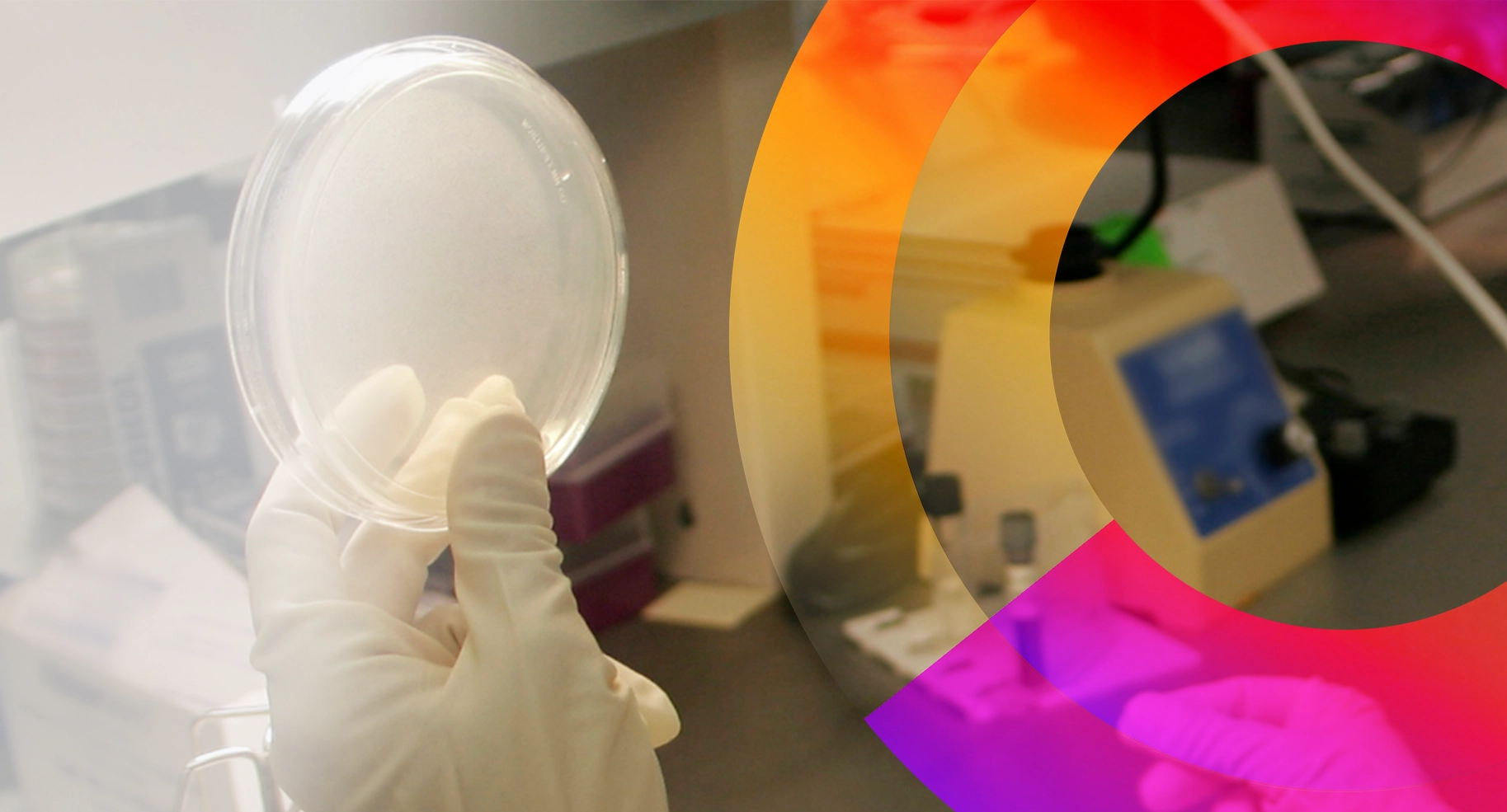July 25, 2023

July 25, 2023

In this post, we’re going to discuss the various types of GxP Compliance Audits, internal versus independent third-party audits. the role that independent auditors play in conducting compliance assessments, and why independent audits are so important so that you can understand the significance of GxP compliance audits and make informed decisions regarding them.
One of the responsibilities of the Food and Drug Administration (FDA), European Medicines Agency (EMA), and other national health authorities is to protect public health by ensuring the safety, efficacy, and security of human drugs. To meet that responsibility, these regulators conduct routine and for-cause inspections of components of a drug sponsor’s quality systems.
While sponsors should always do what they can to maintain effective quality systems, including having provisions for internal audits, compliance audits conducted by an independent third party are invaluable. That’s because audits conducted by a third party provide sponsors with an unbiased perspective on the state of their quality systems and the level of compliance with applicable regulations and Standard Operating Procedures (SOPs).
Good Laboratory Practice (GLP), Good Clinical Practice (GCP), Good Manufacturing Practice (GMP), and Good Pharmacovigilance Practice (GVP) under the umbrella of GxP are sets of standards that envelop procedures put in place to ensure that products are tested and manufactured properly. However, simply having the appropriate SOPs in place is not good enough. These procedures must be followed to the letter, or the sponsor may have to deal with the consequences of one or more of its quality systems being non-compliant.
The essence of FDA, EMA, or other national health authority regulations regarding quality is the need to have a quality assurance unit of some type. Obviously, different types and sizes of firms will have differing quality functions. The key is to make sure that internal processes are controlled. That’s what an audit does – it verifies that control exists. Frequently, adherence to SOPs is the key to this. If those are regularly violated, it is likely noncompliant outcomes will result.
GLP encompasses regulations and guidelines for conducting nonclinical laboratory studies that are intended to support applications for clinical trial or marketing authorization by national regulators, such as the FDA and EMA. Compliance with this regulation is intended to assure the quality and integrity of safety data.
GCP is an international and scientific quality standard for the design, conduct, performance, monitoring, auditing, recording, analysis, and reporting of clinical trials. The standard is named ICH-E6 and the aim is to provide a unified standard for clinical trials in the US, EU, and Japan. Collectively, ICH-E6, together with national regulations, serves to protect the integrity of the trials as well as the rights and confidentiality of trial subjects.
Because the pharmaceutical quality of drugs impacts the health of consumers, the FDA, EMA, and other national health authorities regulate quality very carefully. One of the regulatory standards for ensuring that quality is GMP.
Drug manufacturing is organized into sets of operations and related activities called systems, which are regulated by 21 CFR 211 in the US and EudraLex Volume 4 in the EU. The overarching quality system consists of subsystems that include the facilities and equipment, laboratory, materials, production, and packaging and labeling systems. Proper control of all these systems helps ensure that the manufacturer will produce drugs that are safe and meet the intended efficacy and quality characteristics.
In addition to medicinal products’ benefits, some may also have side effects that may be undesirable and/or unexpected. Pharmacovigilance is the science and activities relating to the detection, assessment, understanding, and prevention of adverse events or any other medicine-related problem. GVPs are a set of measures drawn up to facilitate the performance of a pharmacovigilance system.
Learn more about GxP Compliance with these blog posts:
There are two main types of GxP Compliance Audits: internal audits and independent third-party audits. Let’s look at each one to help understand their purpose and the role they play in your compliance journey.
Internal compliance audits are conducted by employees or internal audit teams within an organization. These audits are aimed at evaluating the organization's adherence to regulatory requirements, internal policies, and industry standards. Internal auditors typically have in-depth knowledge of the organization's operations, processes, and systems.
Here are some key features of internal compliance audits:
Independent compliance audits are conducted by external auditors who are not employed by the organization being audited. These auditors are typically third-party experts or consulting firms specializing in compliance audits for specific industries. The primary objective of independent audits is to provide an impartial and objective assessment of the organization's compliance status.
Here are the key features of independent compliance audits:
Independent auditors play a crucial role in ensuring that compliance audits are conducted impartially and objectively. Their responsibilities include:
By engaging independent auditors, organizations can benefit from unbiased assessments, gain insights into areas of improvement, and demonstrate their commitment to regulatory compliance and quality standards.
Independent audits shine fresh light on the questions, "Are we doing the right things to stay in compliance and are we following our own SOPs?" They help sponsors take a proactive approach to protecting their drug development program by discovering issues and fixing them before the health authority finds them. If the regulator has already found those issues, then a subsequent independent audit can help the sponsor stay on track toward compliance.
Audits are diagnostic. They point out strengths and flaws in both processes and results. Most audits add to the strengths and fix the flaws.
It is the objectivity of the audit that matters. That’s why it isn’t enough to conduct internal audits. Audit investigators who are associated with the development program may overlook or downplay the existence of significant issues because it is in their interest to do so.
Hopefully, that helps you understand a bit more about the significance of GxP Compliance Audits, the various audit types, and how they can be conducted, along with the importance of utilizing independent auditors.
Coming next week, we’ll dive deeper into the audit process, exploring roles and responsibilities, what to expect from regulatory agencies, and key findings that can arise, so that you can understand what it takes to run a successful audit program that meets your compliance standards.
If you have a few audits or need to set up an entire audit program, ProPharma is here to help. We've performed more than 1,000 GxP audits around the globe in the past two years. Contact us today to speak with one of our audit experts and tell us how we can help you meet your compliance goals.
TAGS: Quality & Compliance GxP

August 1, 2023
Welcome to Part 2 of our blog series on "What You Need to Know About GxP Independent Compliance Audits." In Part 1, we discussed the importance of GxP audits, the different audit types, and why...

October 23, 2023
In today's highly regulated pharmaceutical, biotechnology, and healthcare industries, maintaining compliance with GxP Practices, and other regulatory requirements is paramount. Failure to meet these...